Infantilizing Autistic Adults: Why We need To Stop
Infantilizing Autism & Autistic Adults
There are many misconceptions and stereotypes surrounding autism in society today. One of the most pervasive and harmful is the myth that autism solely affects children. From nonprofit organizations to the media and even policymakers, the narrative around autism is overwhelmingly child-centric. Autism has become infantilized in the public consciousness, leading to a lack of recognition and support for autistic adults. However, the reality is that autism is a lifelong neurological difference. As more children are diagnosed on the spectrum and our youth mature into adulthood, we must expand our understanding of autism across the lifespan and stop infantilizing autistic adults
Perpetuating the Myth of Autism as a Childhood Condition
A major driver in perpetuating autism as a childhood condition is the framing of autism by major charitable organizations and resources. Analysis has shown that the homepages of regional and local autism family support groups portrayed images of children nearly 95% of the time. Furthermore, 9 out of the top 12 autism-related charities restrict their informational language and descriptions to referencing only children. For instance, Autism Speaks, one of the most prominent autism organizations, has been critiqued for relying heavily on voices of parents rather than autistic adults.
The image below shows the Google search data for autistic children compared to autistic adults. You can see the huge discrepancy between the two.
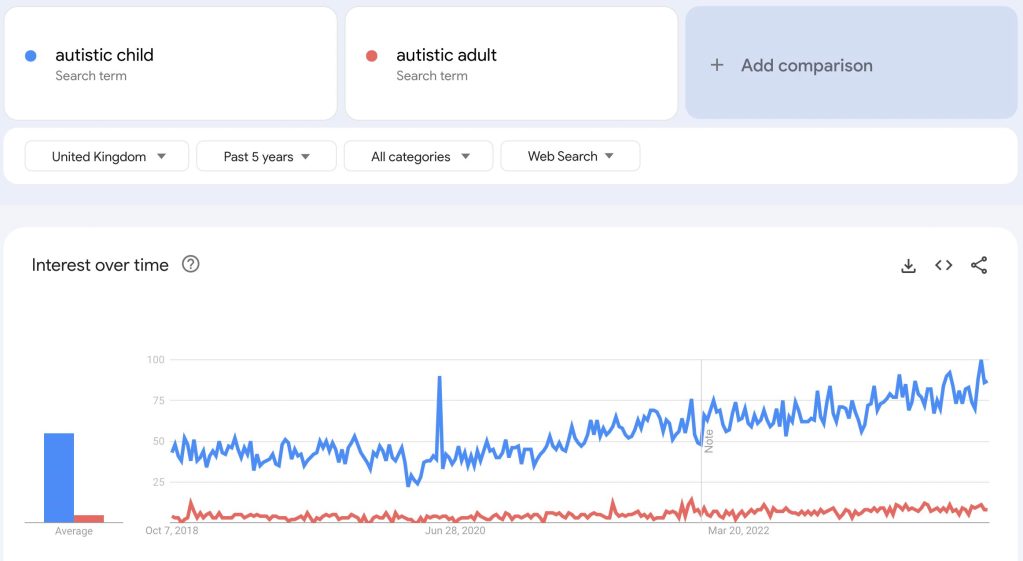
This child-centric focus stems largely from the fact that many major autism organizations were founded by parents or other family members of autistic children. Naturally, there is a tendency to speak from their experiences parenting young autistic children. However, while the intentions may not be malicious, the impact is the marginalization of autistic adults. Rhetoric about autism as a childhood condition permeates beyond just advocacy organizations as well. Fictional television, movies, and books also overwhelmingly depict autistic characters as children rather than adults. Even news media coverage features autistic children in stories four times as often as autistic adults.
The Dangers of Infantilizing Autism
When autism is routinely infantilized and portrayed solely as a childhood condition, real harm is done. Firstly, treating autistic people as perpetual children, no matter their age, strips them of autonomy and dignity. Examples of this include using patronizing language like baby talk with autistic adults or dismissing their preferences and decisions about their own lives as less valid.
Parents and caregivers may use controlling, babying language that undermines independence and works to infantilize autistic adults. Teachers and employers might underestimate capabilities and limit opportunities based on assumptions. Even strangers commonly interact with disabled adults as if they are children, using simple words and gestures. All of these forms of infantilization erode self-confidence and self-worth in autistic individuals.
Furthermore, infantilization often leads to delayed development of crucial life skills. From sex education to independent living abilities, necessary information is often withheld from autistic youth and adults under the guise of protectionism. However, this leaves them vulnerable to abuse, exploitation, and barriers to adulthood. For example, many developmentally disabled adults have never received accessible sex education and as a result may unwittingly end up in dangerous situations. Basic skills required for independent living like cooking, financial literacy, and transportation are often not adequately taught with the assumption that the autistic person will be forever dependent on caregivers. This creates a self-fulfilling prophecy where autistic adults are underprepared for adulthood.
A Barrier to Access and Inclusion
Infantilization of adults also poses barriers to access and inclusion. When autism is assumed to be a childhood condition, our institutions like schools, workplaces, and healthcare systems lack supportive accommodations for autistic adults. Resources for diagnosis, vocational transitioning, and assisted living catered to developmental disabilities focus almost exclusively on the needs of children rather than aging autistic adults. This results in fewer services and higher risks of marginalization or institutionalization for autistic seniors.
Furthermore, the infantilized public perception of autism creates stigma against autistic adults having relationships, careers, or pursuing higher education. Such opportunities for personal growth and societal inclusion are routinely denied under the false pretense that autistic adults lack capacity. Tragically, this stigma often becomes internalized by autistic individuals themselves.
In essence, the automatic assumption that developmental disabilities like autism belong to childhood gravely restricts human potential. By recognizing autistic people’s capabilities to learn, work, and participate in community throughout adulthood, we empower them as citizens and human beings. An inclusive, adult-affirming approach to understanding autism is ethically and socially necessary.
The Reality of Autistic Adults
In contrast to the limiting narrative around autism, the reality is that autistic adults have diverse skills, perspectives, challenges, interests, and dreams – just as any human does. Many autistic adults are entirely capable of living independently, pursuing higher education, having meaningful relationships and employment with certain accommodations provided. Though support needs differ individually, all autistic adults deserve the opportunity to make choices and have control over their own lives. The infatilization of autistic adults needs to stop, so how do we do this?
An important part of transitioning to a more inclusive, anti-ableist model of understanding autism is recognizing autistic people as active contributors and participants in society, rather than passive burdens or victims. We must do more in the education system and as advocates to shift the focus from trying to make autistic people appear “normal”, whatever that is anyway, and instead provide the tools and opportunities for them to succeed on their own terms.
Examples of Infantilization of Autistic Adults in the News
- A study published in June 2022 found that popular portrayals of autism in media, books, and film were overwhelmingly focused on children, and often ignored the diversity and complexity of autistic adults. The researchers argued that this could lead to stereotypes and misconceptions about autism, and limit the opportunities and support for autistic adults.
- A blog post from The Autism Site News discussed how infantilisation can affect autistic adults in everyday situations, such as being ignored or dismissed by others, being denied choices or autonomy, or being spoken to in a patronising or condescending way. The author suggested some ways to avoid infantilising autistic adults, such as respecting their preferences, listening to their opinions, and acknowledging their strengths.
Changing the Infantilization of Autism Through Advocacy
So how can we move towards a more adult-inclusive, empowering model for understanding autism in our communities? Firstly, we need to highlight autistic adult voices, perspectives, and experiences whenever possible. Media organizations should make a conscious effort to feature autistic adults and their stories rather than relying solely on tropes of autistic children. Advocacy groups can productively work with autistic-run organizations to reshape policy priorities and visions for the future. On an individual level, we can catch ourselves when we automatically conceive of autism as a childhood condition and read, support, and promote autistic adults and their work.
In terms of actionable change, expanding inclusion and accommodations has immense potential for creating opportunities for autistic individuals to actively participate in education, employment, and community living. Legislation like the ADA has been integral for access but we need enforcement of accommodations and integration of neurodiversity into organizational cultures. Additionally, ensuring autistic adults have more voice and agency in policy decisions that impact their lives, through mechanisms like participatory research, is key.
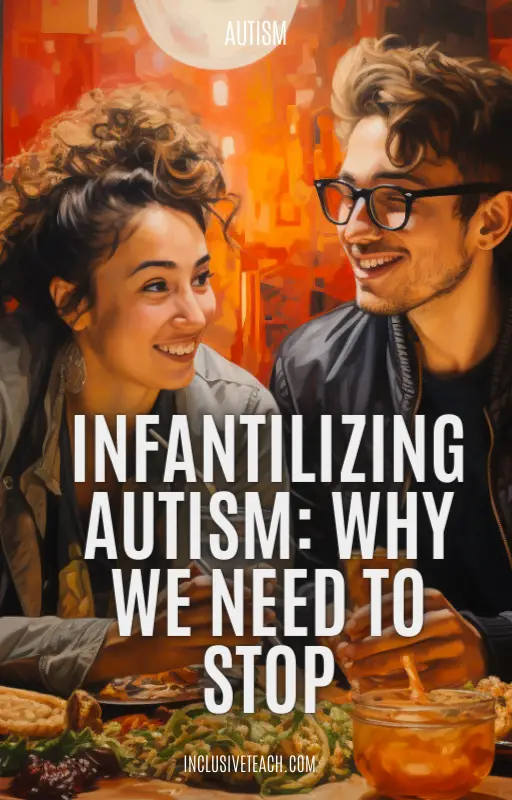
Moving Away from Infantilizing of Autistic Adults with Insight
Fundamentally, recognizing autistic people’s humanity, potential, and contributions across all life stages benefits all of us. An adult-inclusive, neurodiversity-affirming paradigm creates space to identify strengths to build on rather than deficits to eliminate. With understanding and support, autistic people can achieve their full potential and in turn enrich our communities and society as a whole. Autism exists across the lifespan and our systems must evolve to enable autistic adults to thrive. Although undoing prejudices may be difficult, the rewards of understanding autism in its full diversity transcend generations.
References
Barnes, C. (1992). Disabling imagery and the media. An Exploration of the Principles for Media Representations of Disabled People. The First in a Series of Reports. Halifax.
Pellicano, E., Lawson, W., Hall, G., Mahony, J., Lilley, R., Heyworth, M., Clapham, H., & Yudell, M. (2022). “I Knew She’d Get It, and Get Me”: Participants’ Perspectives of a Participatory Autism Research Project. Autism in adulthood : challenges and management, 4(2), 120–129. https://doi.org/10.1089/aut.2021.0039
Stevenson, J. L., Harp, B., & Gernsbacher, M. A. (2011). Infantilizing Autism. Disability Studies Quarterly : DSQ, 31(3). https://doi.org/10.18061/dsq.v31i3.1675

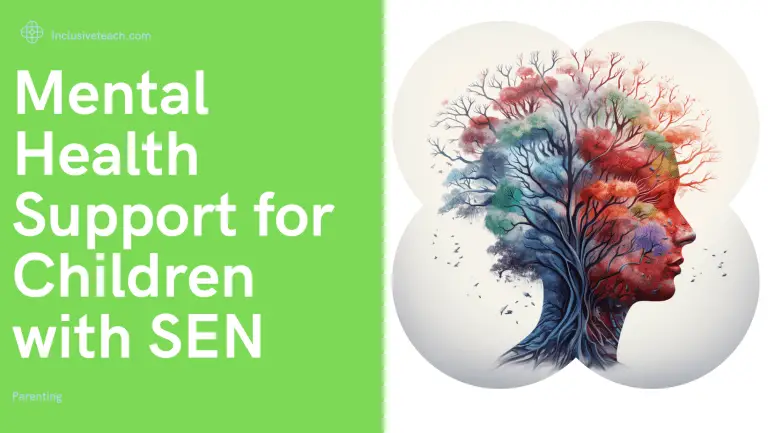
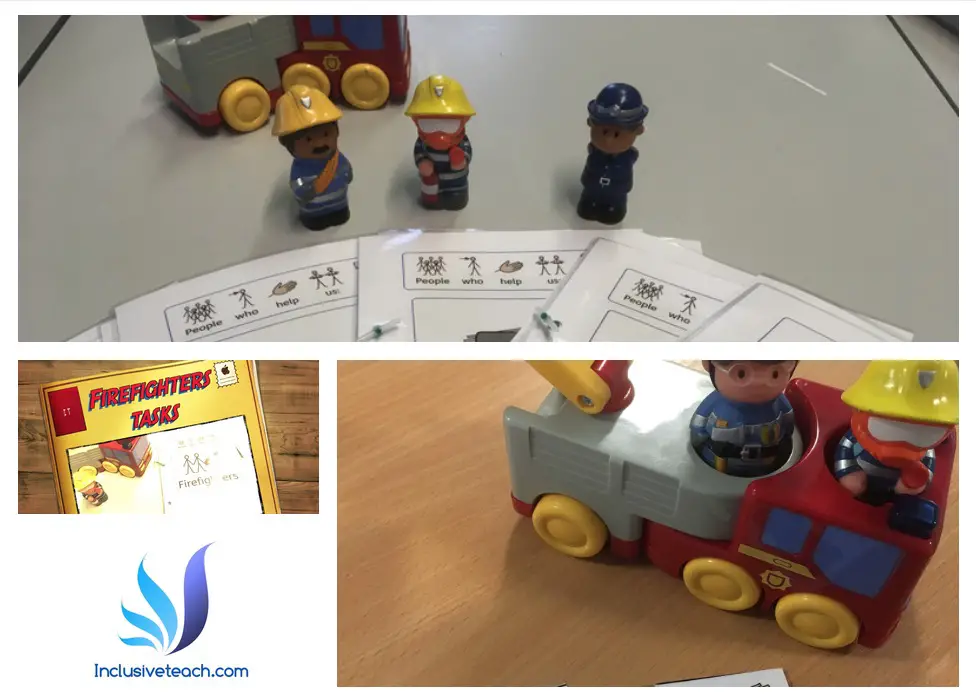
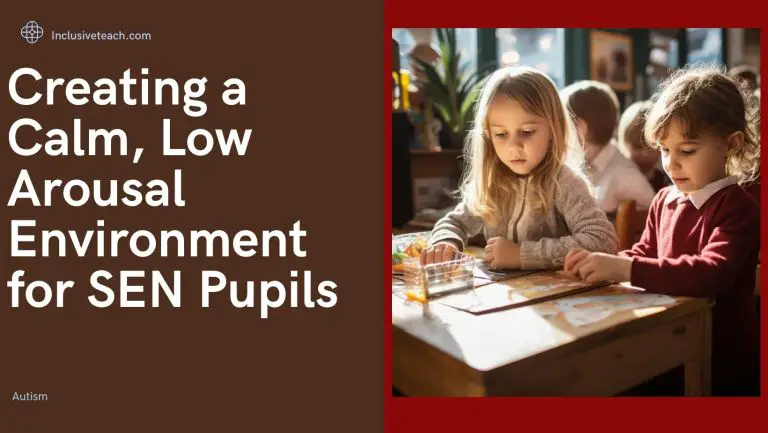
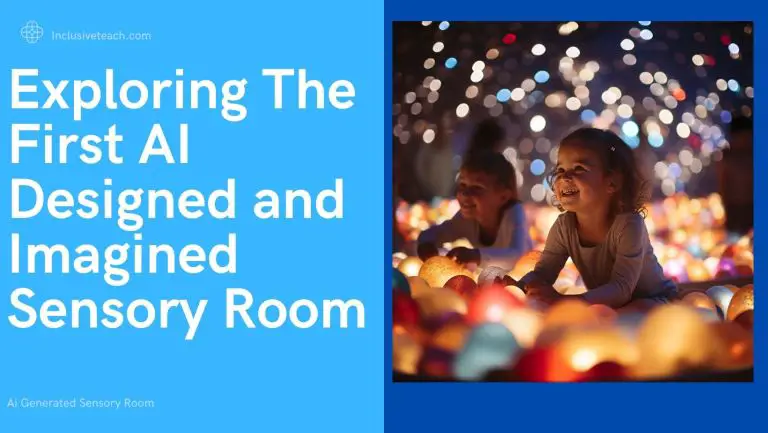
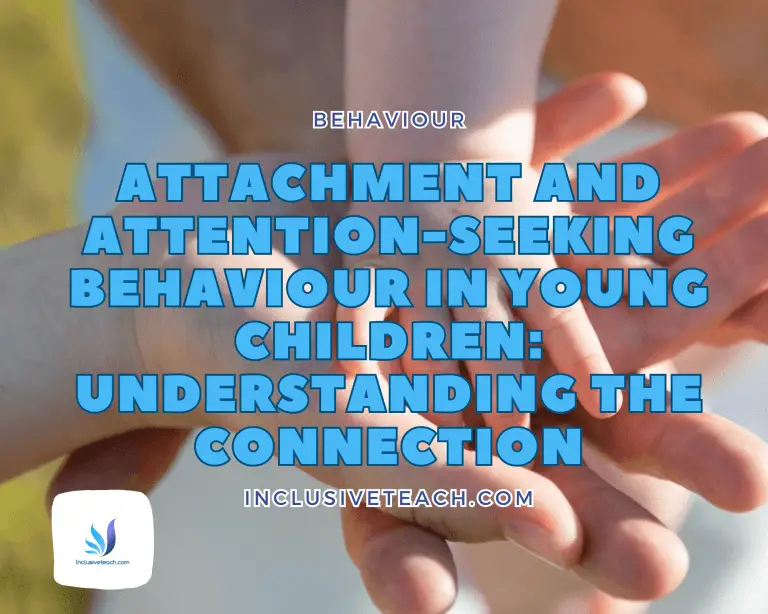
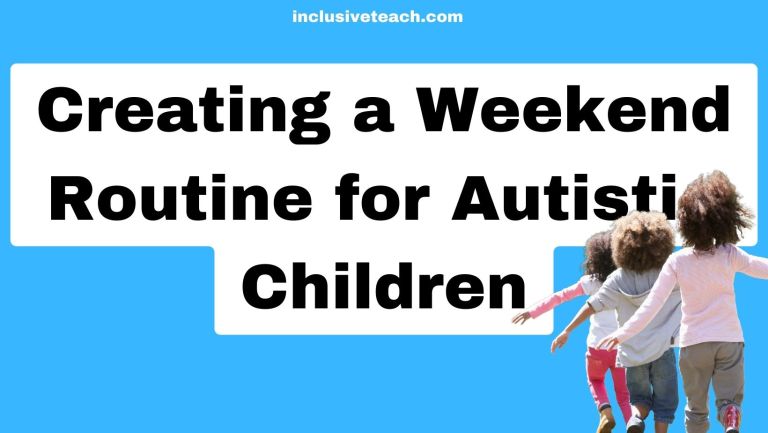
One Comment